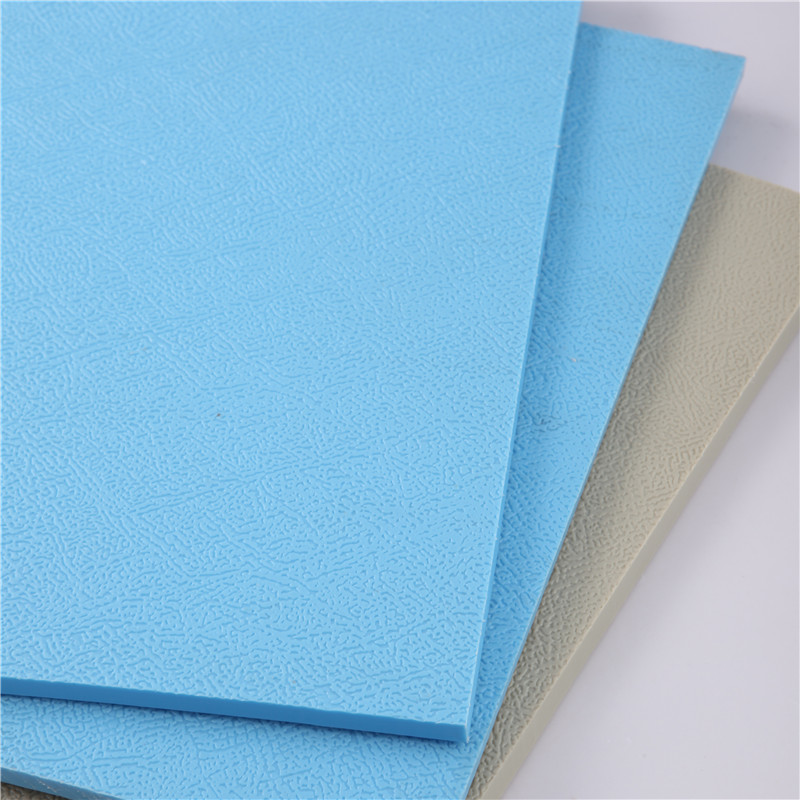Okt . 06, 2024 05:22 Back to list
hdpe agriculture pipe
The Benefits of HDPE Agriculture Pipes
High-density polyethylene (HDPE) pipes have emerged as a transformative solution in modern agricultural practices. As agriculture faces the challenges of water scarcity, soil degradation, and the need for sustainable farming techniques, the adoption of HDPE pipes presents numerous advantages that can enhance productivity and efficiency.
1. Durability and Longevity
One of the most notable features of HDPE pipes is their exceptional durability. These pipes are designed to withstand harsh environmental conditions, including extreme temperatures, UV rays, and corrosive substances typically found in soil and water. Unlike traditional materials such as PVC or metal, HDPE does not rust or corrode, ensuring that it can last for decades with minimal maintenance. This longevity translates into reduced costs over time, as farmers do not need to frequently replace their irrigation infrastructure.
HDPE pipes are significantly lighter than their metal counterparts, making transportation and installation easier and more cost-effective. Their flexibility allows them to be easily bent around obstacles and integrated into existing landscapes without the need for complex fittings. This adaptability not only simplifies the installation process but also allows for creative solutions in various agricultural settings, from small farms to large-scale operations.
3. Resistance to Blockages
One of the common issues in traditional irrigation systems is the buildup of sediments and blockages. HDPE pipes boast a smooth interior surface, which significantly reduces the chance of leaks and clogs. This property ensures a consistent flow of water, optimizing irrigation efficiency and conserving water resources — a critical factor in regions experiencing drought or water scarcity.
hdpe agriculture pipe

4. Eco-Friendliness
With growing global awareness of environmental sustainability, HDPE pipes stand out as an eco-friendly option. They are made from recyclable materials, reducing plastic waste and promoting a circular economy. Furthermore, their durability minimizes the need for frequent replacements, thereby lessening the carbon footprint associated with manufacturing and transportation.
5. Enhanced Irrigation Efficiency
Efficient water management is crucial for sustainable agriculture. HDPE pipes facilitate various irrigation methods, including drip and sprinkler systems, allowing farmers to maximize water use while minimizing wastage. By directing water precisely where it is needed, HDPE pipes can significantly enhance crop yields and contribute to better overall farm productivity.
6. Cost-Effectiveness
While the initial investment in HDPE pipes may be higher than traditional materials, their long-term benefits make them a cost-effective choice for farmers. Their durability reduces the frequency of replacements and maintenance, while improved water efficiency can lead to reduced water bills and better crop yields.
In conclusion, the adoption of HDPE pipes in agriculture represents a significant advancement in irrigation technology. With their durability, flexibility, resistance to blockages, eco-friendliness, and overall cost-effectiveness, they offer a promising solution for sustainable and efficient farming practices. As the agricultural sector continues to evolve, the use of HDPE pipes is likely to become increasingly prevalent, supporting farmers in their quest for greater productivity and sustainability in challenging environmental conditions.
-
25mm PVC Irrigation Pipe - Durable & Efficient Watering Solution for Farms & Gardens
NewsJul.05,2025
-
HDPE Culvert Pipe Supplier – Durable, Leak-Proof & Easy Installation Solutions
NewsJul.05,2025
-
High Transparency PVC Clear Sheet Super Transparency PVC Sheets & HDPE Cutting Board Supplier
NewsJul.04,2025
-
High-Quality PVC-M Pipe Supplier Trusted PVC Pipe Company & 75mm PVC Connection Pipe Solutions
NewsJul.04,2025
-
PVC Transparent Sheet Roll - Durable & Flexible PVC Plastic Sheet Roll for Industrial & Home Use
NewsJun.24,2025
-
High-Quality PVC PPR Pipes and Fittings Durable ERA PPR Solutions
NewsJun.10,2025

